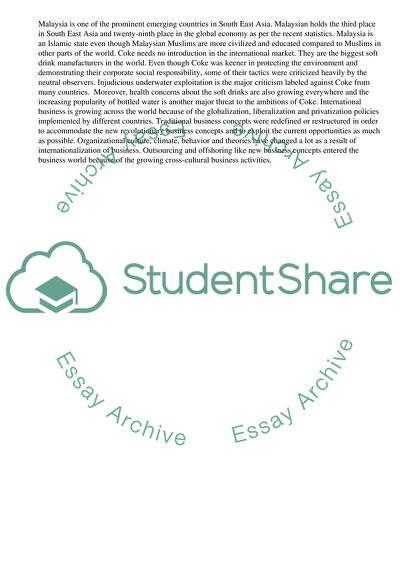Cite this document
(Management of International Business: Coca Cola in Malaysia Term Paper - 1, n.d.)
Management of International Business: Coca Cola in Malaysia Term Paper - 1. Retrieved from https://studentshare.org/management/1748082-management-of-international
Management of International Business: Coca Cola in Malaysia Term Paper - 1. Retrieved from https://studentshare.org/management/1748082-management-of-international
(Management of International Business: Coca Cola in Malaysia Term Paper - 1)
Management of International Business: Coca Cola in Malaysia Term Paper - 1. https://studentshare.org/management/1748082-management-of-international.
Management of International Business: Coca Cola in Malaysia Term Paper - 1. https://studentshare.org/management/1748082-management-of-international.
“Management of International Business: Coca Cola in Malaysia Term Paper - 1”, n.d. https://studentshare.org/management/1748082-management-of-international.


